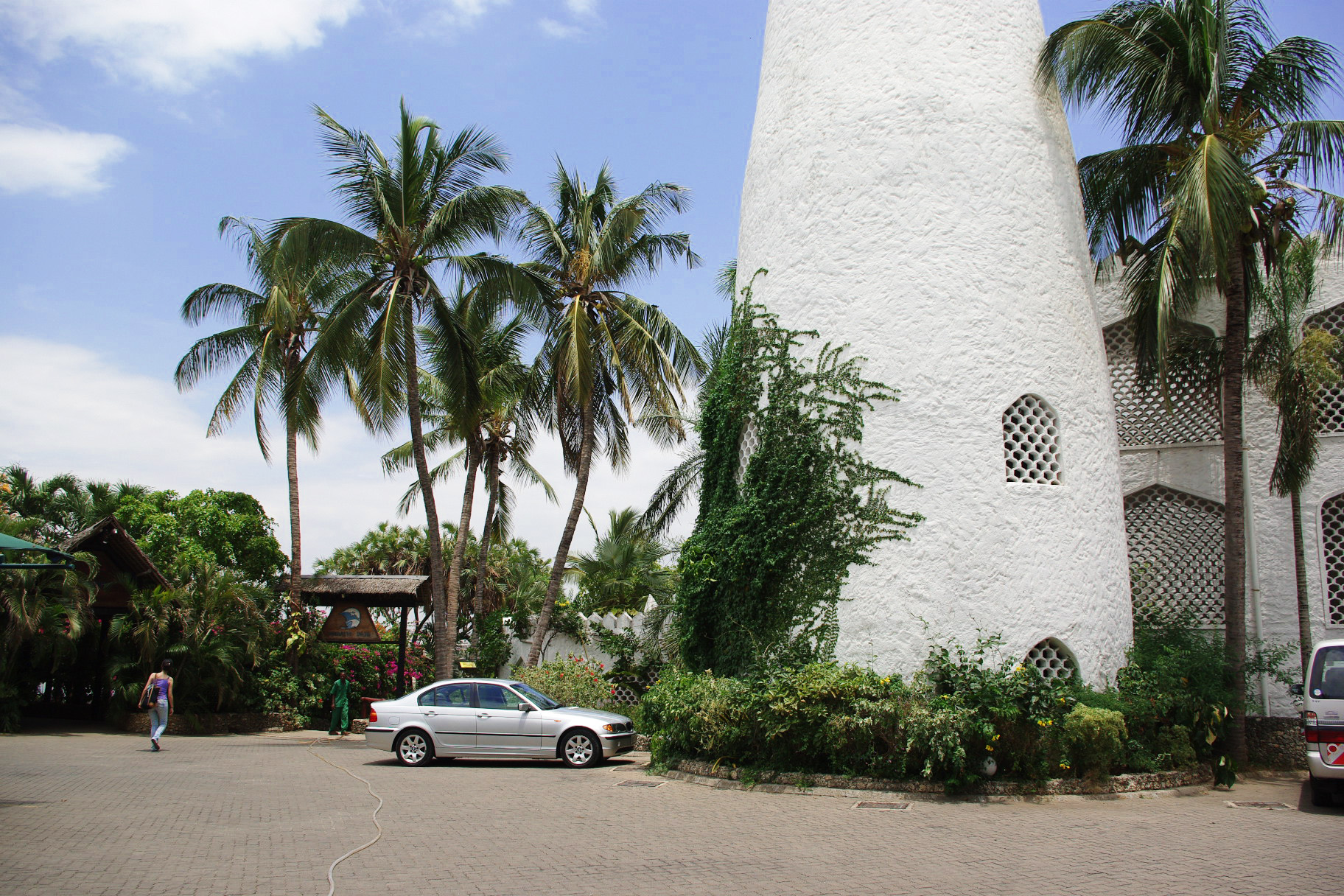A big African literature prize in an African language
The Kiswahili Prize works to undermine the marginalization of African languages in literary culture. An interview with one of its founders.

Mombasa. Image credit Xiaojun Deng via Flickr CC BY 2.0.
In 1978, Ngũgĩ wa Thiong’o, then a prisoner of Kenya’s postcolonial dictatorship, announced that he would cease writing in English, which he deemed the language of power. From then on, he would write and publish in Gikuyu, his native language. But this didn’t mean Ngugi stopped publishing in English. In fact, he is considered a major writer in English, so much so that every year literary pundits and odd makers wager their reputations and money on him every every year the Nobel Prize for Literature is announced. He still published novels in Gikuyu however.
But Ngugi’s experience is an exception. Publishing in local languages in many African countries is restricted to school instruction books or work manuals, and most African languages still struggle to establish a foothold in the commercial publishing industry or in literary and intellectual culture. There are some exceptions, such as Afrikaans in South Africa—the result of vast state and other investment from the Afrikaner business class, as well as the language being tied to a racial nationalist political project of the National Party. So, efforts like the Kiswahili Prize work to undermine the marginalization of African languages in literary culture. In this interview, Lizzy Attree, one of the founders of the prize along with Mukoma wa Ngugi (Ngugi’s son), in 2014, answers some questions about the prize and indigenous language publishing on and from the continent.



